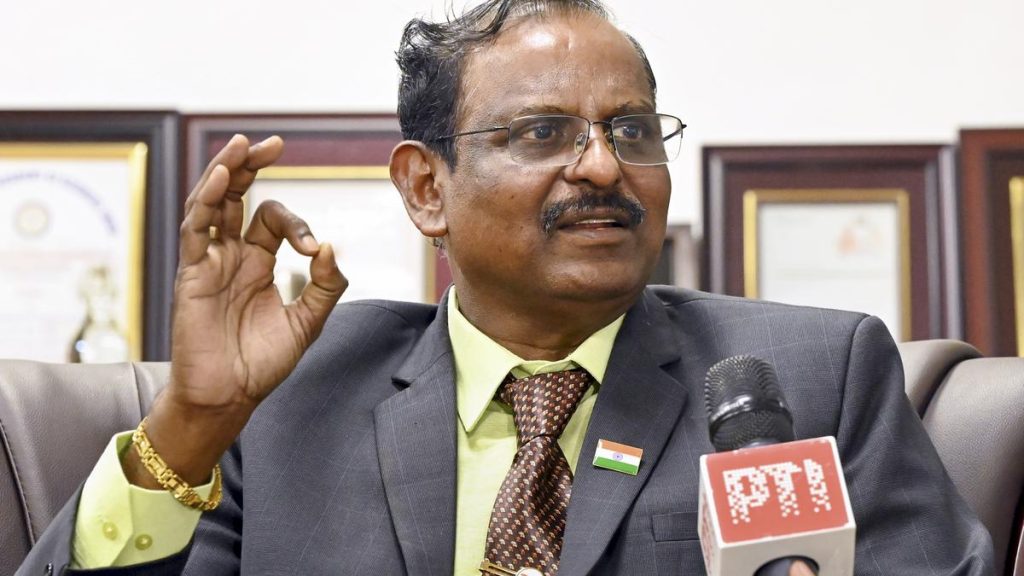Now Reading: Rising Orphan and Abandoned Child Institutionalisation Sparks Concern
-
01
Rising Orphan and Abandoned Child Institutionalisation Sparks Concern
Rising Orphan and Abandoned Child Institutionalisation Sparks Concern

Rapid Summary
- Institutionalization of orphans and abandoned children in Karnataka is increasing, says Arundhati, Programme Manager, Directorate of Child Protection.
- Karnataka has 711 child care institutions (108 government Bala Mandiras) with around 19,000-20,000 children.Approximately 350 are adoptable under the ‘Orphan Abandonment Surrendered’ (OAS) category.
- Juvenile Justice Act mandates institutionalization as a last resort; priority should be reintegration with families or adoption before considering foster care placement.
- Currently,there are 70 children placed in foster care this year out of an identified pool of 150 eligible for foster placement. Special needs children face challenges in finding foster families due to lack of interest from prospective parents.
- Concerns raised about insufficient guidelines for foster care beyond age 18; steps are underway to develop Standard Operating Procedures (SOPs). amendments to the Juvenile Justice Act now allow long-term foster parents to adopt these children after two years of fostering.
- K.S.C.P.R.C Chairperson emphasized creating a family atmosphere for institutionalized children and urged committees led by Deputy Commissioners to ensure thier safety and protection.
- The consultation event was jointly organized by KSCPCR and India alternative Care Network at the Institute for Social and Economic Change.
Indian Opinion Analysis
Karnataka’s increasing trend toward institutionalizing orphaned and abandoned children highlights systemic gaps in implementing family-based reforms advocated under the Juvenile Justice Act. Prioritizing reintegration into parental or extended family relationships aligns best with global best practices regarding child welfare; however, practical hurdles such as societal reluctance towards fostering older or special-needs kids remain unresolved.efforts like streamlining SOPs for young adults aging out of foster care can address post-care uncertainties but must coexist with proactive measures encouraging inclusivity within adoption systems-especially concerning special-needs groups neglected despite their vulnerability.
The advocacy by Child Rights Commission leaders reflects an urgent need for collaborative intervention at district levels under government-backed initiatives ensuring every child transitions into nurturing homes over profitless bureaucracy cycles harming building self Independence guaranteed much sturdy early lives permanent























